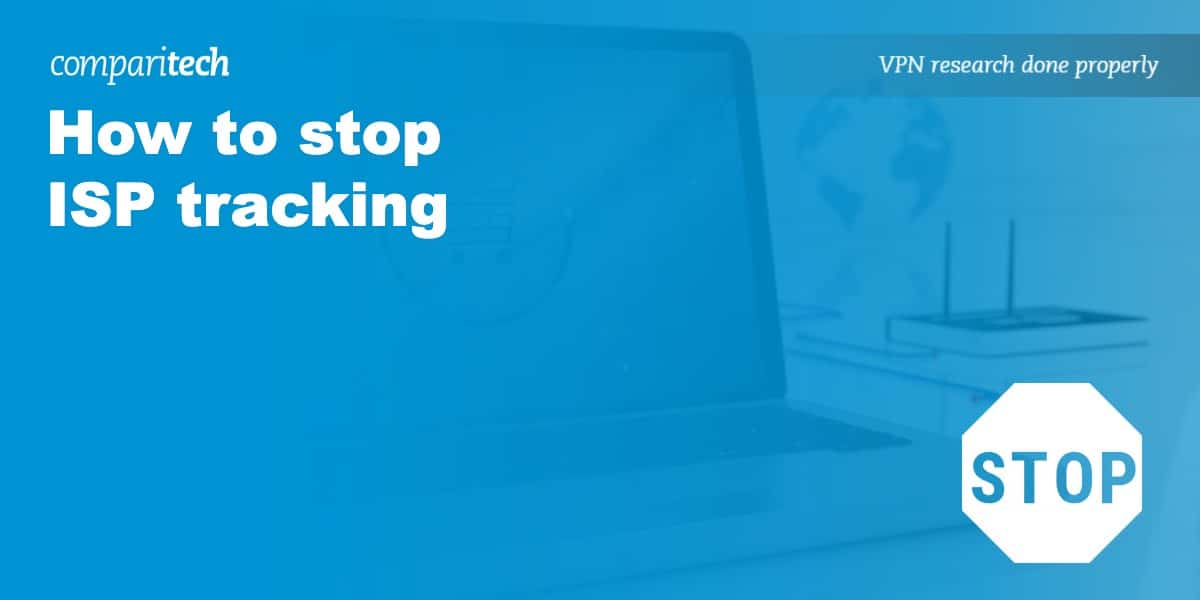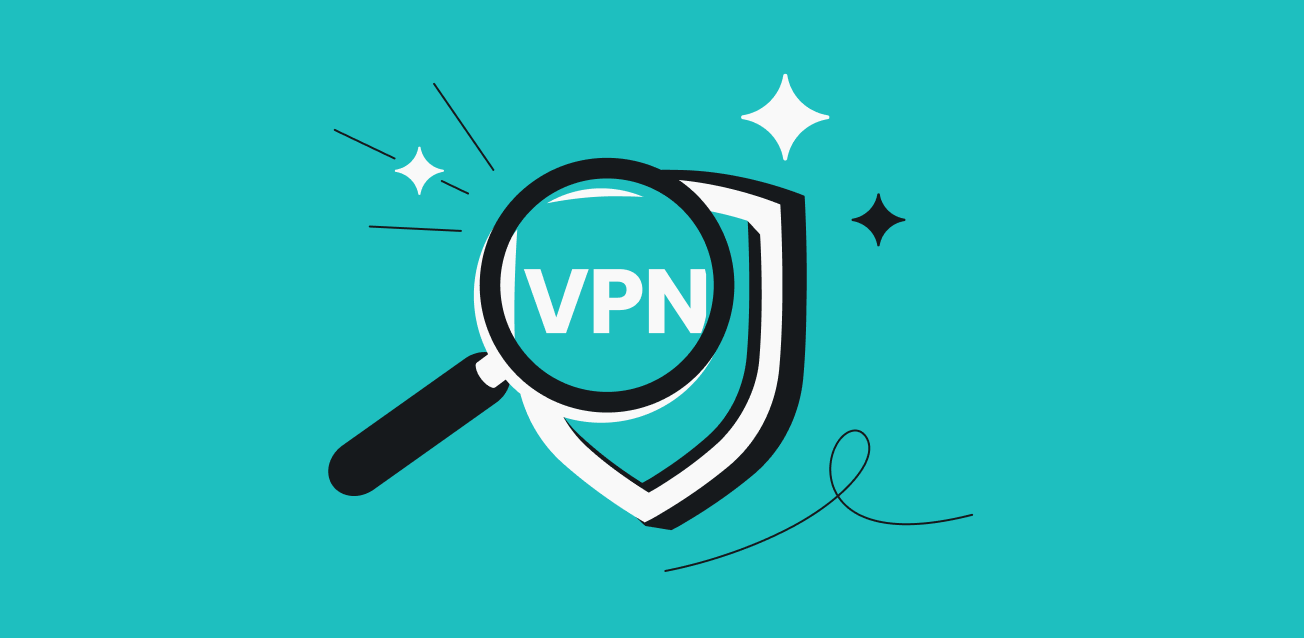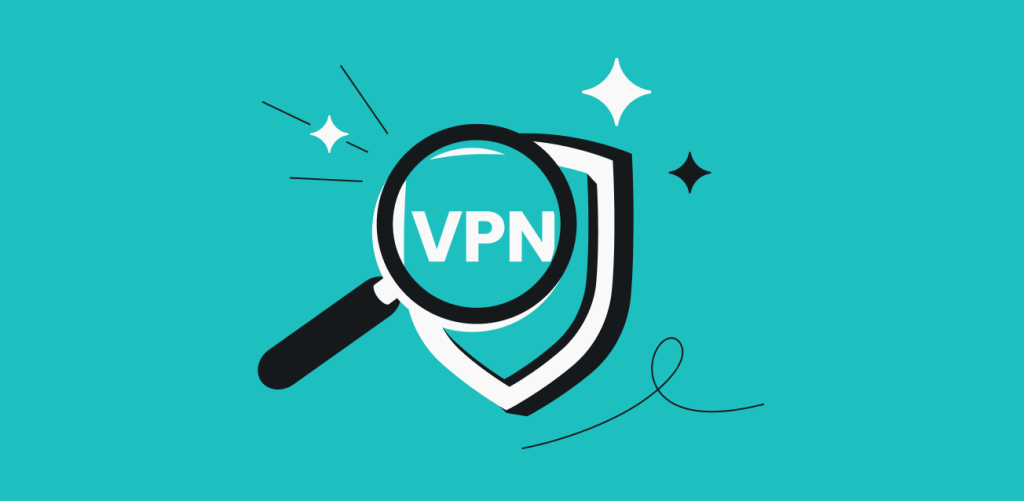Yes, Internet Service Providers (ISPs) can track some activities. But using a VPN can help hide your downloads.
In today’s digital age, privacy is a big concern. Many people use Virtual Private Networks (VPNs) to keep their online activities private. But does a VPN truly hide everything from your ISP? This question is important for anyone who values their privacy online.
Understanding how VPNs work and what they can and cannot do is key. This blog will explore how ISPs track your activities and how effective VPNs are in protecting your download history. Let’s dive into the details to see if your VPN is really keeping you safe from prying eyes.
How VPNs Work
Understanding how VPNs work is crucial for anyone interested in online privacy. VPNs, or Virtual Private Networks, offer a layer of security that keeps your internet activity private. Let’s dive into the core elements that make VPNs effective: encryption basics and IP address masking.
Encryption Basics
Encryption is one of the key features of a VPN. It converts your data into code, making it unreadable to anyone without the decryption key. This ensures that your internet service provider (ISP) cannot see what you download.
Here’s a simple breakdown:
- Data Encryption: Your information is encoded before it leaves your device.
- Data Transmission: The encoded information travels through a secure tunnel.
- Data Decryption: The data is decoded at the VPN server, making it readable again.
By encrypting your data, a VPN keeps your online activities hidden from your ISP.
IP Address Masking
IP address masking is another vital feature of a VPN. Your IP address is like your online home address. It identifies your device and location. A VPN masks your real IP address, making it appear as if you’re browsing from a different location.
This process involves:
- Connecting to a VPN Server: You connect to one of the VPN’s servers.
- IP Address Change: Your real IP address is replaced with the server’s IP address.
- Secure Browsing: Your online activities appear to come from the VPN server’s location.
This makes it difficult for your ISP to track your downloads. They see the VPN server’s IP address, not yours.
In essence, VPNs provide a dual layer of security. Encryption protects your data, and IP address masking hides your identity. This combination makes it challenging for ISPs to track your downloads.
Role Of Internet Service Providers
Internet Service Providers (ISPs) play a vital role in our online experience. They provide the connection that allows us to access the internet. But ISPs do more than just connect us to the web. They also have the ability to monitor and track our online activities.
Data Monitoring
ISPs can track and monitor the data that flows through their networks. This includes the websites you visit, the content you download, and the services you use. They do this by analyzing the data packets that travel from your device to the internet.
Here’s a simple breakdown of how ISPs monitor data:
- Data Packets: ISPs inspect the data packets that contain your online activity.
- Deep Packet Inspection: They use advanced techniques to analyze these packets in detail.
- Traffic Analysis: ISPs monitor the flow of data to identify patterns and anomalies.
While this monitoring helps ISPs manage their networks and prevent illegal activities, it raises concerns about privacy.
User Privacy Policies
ISPs have their own privacy policies that dictate how they handle user data. These policies vary between providers. Some ISPs may collect and store more data than others.
Key aspects of ISP privacy policies include:
- Data Collection: What types of data are collected and for how long.
- Data Sharing: Whether the ISP shares data with third parties.
- Data Usage: How the ISP uses the collected data.
Understanding your ISP’s privacy policy is crucial. It helps you make informed decisions about your online privacy.
Using a VPN (Virtual Private Network) can enhance your privacy. A VPN encrypts your data, making it harder for ISPs to track your online activities.
VPN And ISP Interaction
Understanding the interaction between a VPN (Virtual Private Network) and an ISP (Internet Service Provider) is essential for ensuring online privacy. When you use a VPN, your data is encrypted and routed through a secure server. This means your ISP cannot see the content of your traffic. But how does this process work? Let’s break it down into two main parts: Connection Establishment and Data Packet Handling.
Connection Establishment
When you connect to a VPN, the first step involves establishing a secure connection. This process typically includes:
- Initiating the Connection: Your device sends a request to the VPN server.
- Encryption: The VPN server encrypts the data using complex algorithms.
- Authentication: The server verifies your credentials to ensure a secure link.
This secure connection is often called a “VPN tunnel.” All your internet traffic travels through this encrypted tunnel, keeping it safe from prying eyes.
Data Packet Handling
Once the connection is established, the VPN handles data packets in a secure manner:
- Encrypting Data: Every data packet is encrypted before it leaves your device.
- Routing Data: The encrypted packets are sent to the VPN server.
- Decryption and Forwarding: The VPN server decrypts the packets and forwards them to their final destination.
This ensures that your ISP can only see encrypted traffic. They cannot see the websites you visit or the files you download. This process protects your online activities from being tracked by your ISP.
In summary, the interaction between a VPN and an ISP involves the secure establishment of a connection and the handling of encrypted data packets. This ensures that your online activities remain private and protected.
Potential ISP Tracking Methods
Wondering if your Internet Service Provider (ISP) can track your downloads even with a VPN? ISPs have various methods to monitor your online activities. Let’s explore some potential tracking methods they might use.
Traffic Analysis
Traffic analysis is a common method ISPs use to monitor user activity. Even with a VPN, your ISP can still see the amount of data being transferred. They might not see the content, but they can notice patterns.
- Volume of data – High volumes of data can indicate downloads.
- Timing of traffic – Consistent heavy traffic during certain times can be a giveaway.
While a VPN hides your exact activities, traffic analysis can still reveal clues about your behavior.
Deep Packet Inspection
Deep Packet Inspection (DPI) is a more advanced method. DPI allows ISPs to examine the contents of data packets. Even if the data is encrypted, DPI can detect certain types of traffic.
ISPs can use DPI to:
- Identify protocols used for downloading.
- Detect encryption methods and flag suspicious activity.
Though a VPN encrypts your data, DPI can still provide insights into your online behavior.
In summary, while a VPN offers significant privacy, ISPs have ways to track your activities. Understanding these methods can help you take additional steps to protect your privacy.
Vpn Effectiveness Against Isp Tracking
Can your Internet Service Provider (ISP) track your downloads if you’re using a VPN? This is a question many internet users ask. A VPN, or Virtual Private Network, is designed to enhance your online privacy. But, how effective is it against ISP tracking?
Encryption Strength
A key feature of VPNs is encryption. This encryption hides your data from prying eyes. Most VPNs use AES-256 encryption. This is a military-grade encryption. It keeps your data secure. Your ISP cannot see the content of your downloads. They only see encrypted traffic.
Here is a table showing different encryption strengths:
| Encryption Type | Strength | Usage |
|---|---|---|
| AES-128 | 128-bit | Basic protection |
| AES-256 | 256-bit | Military-grade security |
With AES-256 encryption, your data is almost impossible to crack. This provides a strong shield against ISP tracking.
No-log Policies
Another important feature is the no-log policy. Many VPN providers do not log your online activities. This means they do not keep records of your downloads. Without logs, there is no data to share with ISPs or other entities.
Look for VPNs that clearly state their no-log policies. Check their privacy policies and user reviews. Here are some points to consider:
- Does the VPN keep connection logs?
- Does it store user activity logs?
- Has it been audited by third parties?
Choosing a VPN with a strict no-log policy ensures that your download activities remain private. Your ISP will not have access to this data.

Credit: www.privateinternetaccess.com
Legal Aspects
Understanding the legal aspects of using a VPN is important. This section breaks down key elements, including data retention laws and user rights.
Data Retention Laws
Data retention laws vary by country. Some countries require Internet Service Providers (ISPs) to keep logs of user activities. These laws exist to help in crime investigations. Using a VPN can hide your online activities. Yet, VPN providers in these countries may also need to keep logs.
Check if your VPN provider is in a country with strict data retention laws. A no-log policy is a good sign. It means the provider does not keep records of your activities. Always read the VPN’s privacy policy to be sure.
| Country | Data Retention Requirement |
|---|---|
| United States | Not mandatory |
| United Kingdom | Up to 12 months |
| Australia | Up to 2 years |
User Rights
User rights are important when using a VPN. You have the right to privacy online. A VPN can help protect this right. Still, know your local laws. Some countries restrict or ban VPN use.
Here are some key points about user rights:
- Right to privacy
- Right to use encryption
- Right to access information
Understanding your rights helps you make better decisions. Always use a reputable VPN provider. Look for one with strong encryption and a no-log policy.
Choosing The Right Vpn
Selecting the perfect VPN is crucial. It ensures your privacy and security. Not all VPNs are created equal. Some are better suited for your needs. Below, we discuss what to look for in a VPN.
Features To Look For
When picking a VPN, certain features are essential. These features help protect your data and privacy. Here are some key features to consider:
- Encryption: Look for strong encryption standards like AES-256.
- No-logs policy: Ensure the VPN does not keep any user logs.
- Speed: High-speed servers for seamless browsing and streaming.
- Server locations: A wide range of server locations for better access.
- Kill switch: An automatic kill switch for added security.
- Compatibility: Supports multiple devices and operating systems.
Reputable Providers
Choosing a reputable VPN provider is vital. Reputable providers offer better security and privacy. Here are some well-known providers:
| Provider | Features | Rating |
|---|---|---|
| ExpressVPN | High-speed, no-logs, strong encryption | 4.8/5 |
| NordVPN | Double VPN, kill switch, wide server range | 4.7/5 |
| Surfshark | Unlimited devices, affordable, no-logs | 4.6/5 |
| CyberGhost | User-friendly, strong privacy, high-speed | 4.5/5 |
These providers are known for their reliability and security. Choose one that meets your needs.

Credit: www.comparitech.com
Common Myths And Misconceptions
Many people believe that using a VPN ensures total privacy. While VPNs offer great protection,
some myths can mislead users. Understanding these misconceptions helps in making better decisions.
Complete Anonymity
A common myth is that VPNs provide complete anonymity. This is not entirely true.
While VPNs encrypt your data, they do not make you completely invisible. Websites can still use
cookies to track your activity. Advertisers can still gather data based on your behavior.
Additionally, VPN providers may keep logs of your activity. Always read the privacy policy of your VPN service.
Knowing what data they keep is crucial. Some VPNs offer a no-log policy, but verify their claims before trusting them.
Isp Limitations
Another misconception is that ISPs are completely blocked from seeing your activities. While VPNs hide your data
from ISPs, they can still see some information. For example, they can see that you are using a VPN service.
They might also detect the amount of data you are transferring.
However, ISPs cannot see the content of your data. They won’t know which websites you visit or what files you download.
This is because the VPN encrypts your traffic. This makes it unreadable to the ISP.
| Myth | Reality |
|---|---|
| Complete Anonymity | VPNs provide privacy but not total anonymity. |
| ISP Limitations | ISPs can see VPN usage and data amounts, not content. |
Real-world Examples
Understanding the practical implications of VPN usage can help you grasp its effectiveness. Real-world examples provide a clear picture of how VPNs work in different situations. Here, we explore case studies and user experiences to illustrate the impact of VPNs on internet privacy.
Case Studies
| Case Study | Findings |
|---|---|
| Company A |
|
| Individual B |
|
User Experiences
Many users share positive feedback about VPN usage. Let’s look at some real-life user experiences:
- John D.: “I feel safer browsing with a VPN. My ISP can’t see my downloads.”
- Emma R.: “Using a VPN, I stream content without worrying about ISP tracking.”
- Michael T.: “VPNs have been a game-changer for my online privacy.”
These experiences highlight the benefits of VPNs in protecting online activities. Users often find peace of mind knowing their ISPs cannot monitor their downloads.

Credit: surfshark.com
Future Of Online Privacy
The future of online privacy is a topic on many minds. As technology evolves, so do privacy concerns. Users want to know if their activities remain private. One key area of concern is whether an Internet Service Provider (ISP) can track downloads when using a VPN. Let’s explore what the future holds for online privacy.
Technological Advances
Technology is advancing at a rapid pace. VPNs are becoming more sophisticated. They use stronger encryption protocols to protect user data. These protocols make it difficult for ISPs to monitor activities.
New technologies like Quantum Computing could change the game. While it can break current encryptions, it can also create stronger ones. This means a constant race between privacy tools and tracking methods.
Here are some key advancements to watch out for:
- Stronger encryption algorithms
- Improved VPN protocols
- Increased use of decentralized networks
Policy Changes
Policy changes greatly impact online privacy. Governments are creating new laws to protect user data. These laws can affect how ISPs track and store information.
Some policies require ISPs to retain data for a period. Others restrict what data can be collected. Policies vary from country to country, creating a complex landscape for online privacy.
Key policy trends include:
- Data protection regulations
- Transparency requirements for ISPs
- International privacy agreements
The future of online privacy is uncertain. But technological advances and policy changes offer hope. Users can stay informed and choose tools that best protect their privacy.
Frequently Asked Questions
Can ISP See What I’m Downloading With A Vpn?
When you use a VPN, your ISP cannot see your downloads. The VPN encrypts your data, making your activities invisible to your ISP.
Does Vpn Hide Download History From Isp?
Yes, a VPN hides your download history from your ISP. The encrypted tunnel masks your online activities, ensuring your privacy.
Can Vpn Prevent Isp From Throttling Downloads?
A VPN can prevent ISP throttling by hiding your traffic. ISPs can’t see your activities, so they can’t throttle specific downloads.
Is Using A Vpn For Downloading Legal?
Using a VPN for downloading is legal in most countries. However, downloading copyrighted material without permission is still illegal.
Conclusion
A VPN helps protect your download privacy from ISPs. It encrypts your data, making it hard for ISPs to track downloads. But, choose a trustworthy VPN for maximum security. Not all VPNs offer the same level of protection. Always stay informed about your VPN’s capabilities.
This way, you can enjoy safer, more private browsing. Remember, your online privacy matters.

